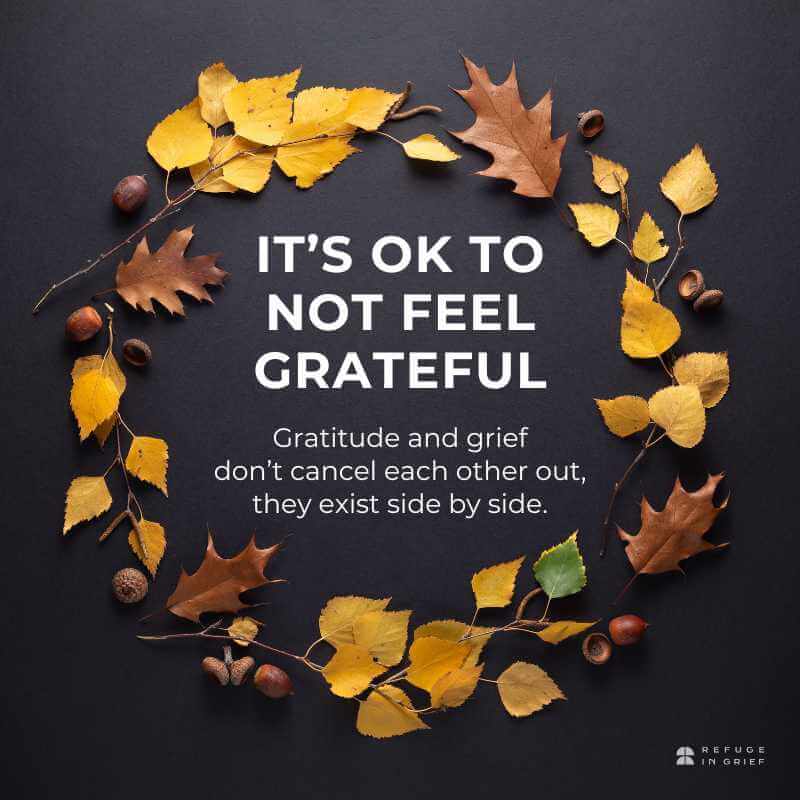How long does Grief Brain last?
This week’s question tackles the topic of “grief brain” and how long it actually lasts.
Welcome back to our new series of posts drawing from conversations taking place on the Grief Revolution Patreon.
Such great exchanges are taking place in that growing community of grieving and supportive hearts that we want to enable the wider community to benefit as well. So, with the consent of our awesome patrons, each week we dive into our archive of monthly live Q&A sessions and share a new question, its answer, and any subsequent discussion.
Here’s our conversation about grief brain… what it is, and how long it lasts.

Michelle L.: Good morning Megan! What are your thoughts on how long “grief brain” lasts? After nearly 1.5 years out of the workforce, I returned in a part-time capacity in an entirely different industry. Six months into the job and it still takes tremendous effort to stay on task and interact with people during the day.
Megan: Good morning friend! Grief brain lasts so. very. long.
In my own experience, it took nearly 5 years to feel like most of my capacity came back. You’re still so early in this, at just 3 years.
I think grief has a much longer half-life than we expect, even when we understand the process and attend to it.
There’s also that part of the mind that says – who cares about this stuff? The work itself, the daily interactions with other people – compared to Joshua’s death and your grief, what do these things matter? Finding interest in the “common” world after a loss like yours is so difficult, and it takes a long time.
In terms of focus and attention span, it might be useful to track the times your mind is more able to do that work, how long your windows of attention tend to last, and note which interactions or tasks are more difficult to complete.
A bit of an assessment period, so you have a sense of which parts are harder, and what times of day (or other factors) might influence it all. That wellness/worseness exercise in the book might be good, if you apply it to work itself. <3
Michelle L.: Grief’s half-life! Those words feel true. And the “who cares about this stuff” is spot on. My heart is not in it … but it’s a good distraction and provides some structure to my day that feels needed. Great thought on the wellness/worseness exercise!
Megan: I say that to myself quite often, when I feel the effects of my own grief. Grief has a half-life.
I think grief has a much longer half-life than we expect, even when we understand the process and attend to it. Click To TweetWant to get involved with conversations about any and all things grief-related, and get to see videos, comics, and animations before anyone else? Patrons get the first look at everything we create AND get to vote on which topics get covered! And more! Join the Grief Revolution at patreon.com/megandevine/
 How about you? Have you experienced any of the effects we refer to as “grief brain,” which includes memory loss, confusion, an inability to concentrate or focus, and more. These things are all normal inside grief. They do tend to be temporary, but they last a lot longer than you would think. How has grief changed the way your mind works?
How about you? Have you experienced any of the effects we refer to as “grief brain,” which includes memory loss, confusion, an inability to concentrate or focus, and more. These things are all normal inside grief. They do tend to be temporary, but they last a lot longer than you would think. How has grief changed the way your mind works?


